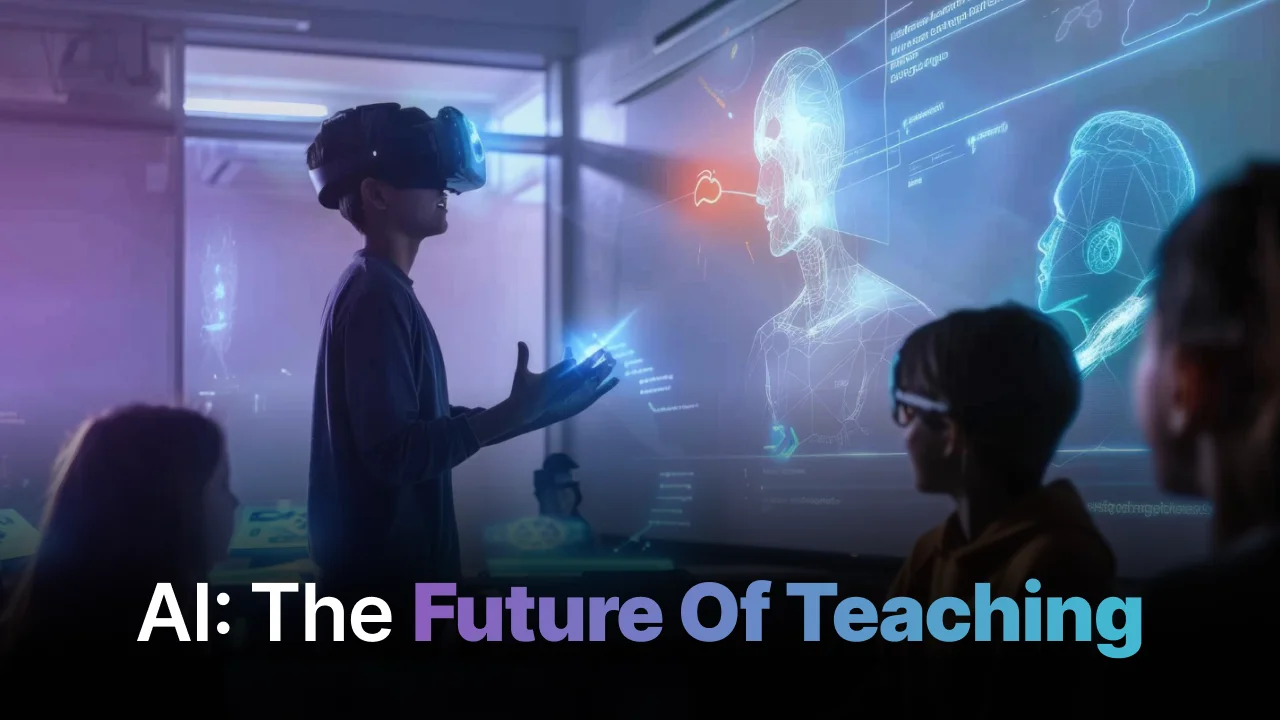The importance of AI in education
The Importance of AI in Education
In recent years, artificial intelligence (AI) has emerged as a transformative force in various sectors, including education. This technological advancement holds immense potential to reshape traditional and online classrooms. To effectively implement AI in educational settings, college and university administrators and faculty must shift from a reactive to a proactive mindset. Prioritizing pedagogical innovation that leverages AI’s strengths while safeguarding the human facets of education is essential (Fuchs, 2023).
Integrating AI in Higher Education
The integration of AI in higher education necessitates a careful examination of how it may impact equity for students. This approach ensures that ethical considerations are thoroughly integrated into university policies, coursework, and the deployment of AI technology in academic settings. Stakeholders need to understand the cyclical effects of AI and education, particularly in ensuring fair and unbiased pattern recognition and decision-making in educational applications (Cardona et al., 2023).
Enhancing Learning Experiences
One of the primary benefits of AI in education is its ability to enhance learning experiences. AI-powered tools can provide personalized learning experiences for students, adapting to their individual needs and learning styles. For instance, Leverbot, an AI-driven educational assistant, offers tailored support to students, helping them grasp complex concepts more effectively.
Additionally, AI can help identify areas where students struggle and offer targeted interventions. This proactive approach ensures that students receive the assistance they need before falling behind. By leveraging AI, educators can create a more inclusive and supportive learning environment that caters to the diverse needs of their students.
Streamlining Administrative Tasks
AI can also streamline administrative tasks, allowing educators to focus more on teaching and less on paperwork. AI-powered systems can automate tasks such as grading, scheduling, and student assessments. This automation not only saves time but also reduces the likelihood of human error.
For example, AI-driven platforms like StockAIVisor can assist in managing class schedules, tracking student progress, and providing real-time feedback. These tools can help educators stay organized and ensure that students receive timely feedback on their performance.
Ethical Considerations in AI Deployment
While the benefits of AI in education are significant, it is crucial to address the ethical implications of its deployment. Ensuring fair and unbiased AI-driven decision-making is paramount. Educators and administrators must be vigilant in preventing algorithmic bias, which can lead to unequal treatment of students.
Furthermore, safeguarding student data privacy is essential. AI systems often require access to vast amounts of data to function effectively. It is imperative to implement robust data protection measures to ensure that student information remains confidential and secure.
AI and Equity in Education
The integration of AI in higher education also raises questions about equity. It is essential to ensure that all students have access to AI-powered tools and resources. This includes providing adequate training for both students and educators to effectively use these technologies.
Moreover, institutions must address the digital divide, ensuring that students from all backgrounds have access to the necessary devices and internet connectivity. By prioritizing equity, educational institutions can harness the full potential of AI to create a more inclusive and accessible learning environment.
Future Prospects of AI in Education
The future of AI in education is promising. As technology continues to advance, AI-powered tools will become even more sophisticated and capable of addressing complex educational challenges. The key lies in continuous innovation and adaptation.
Educational institutions must remain committed to exploring new ways to integrate AI into their teaching methods. This includes ongoing professional development for educators to keep them abreast of the latest AI advancements and best practices.
Conclusion
The importance of AI in education cannot be overstated. By adopting a proactive approach and prioritizing pedagogical innovation, educational institutions can harness the full potential of AI to enhance learning experiences, streamline administrative tasks, and promote equity. However, it is crucial to address the ethical implications of AI deployment to ensure fair and unbiased decision-making and safeguard student data privacy.
As we move forward, continuous innovation and adaptation will be key to maximizing the benefits of AI in education. By staying ahead of the curve, educational institutions can create a more inclusive, supportive, and effective learning environment for all students.


